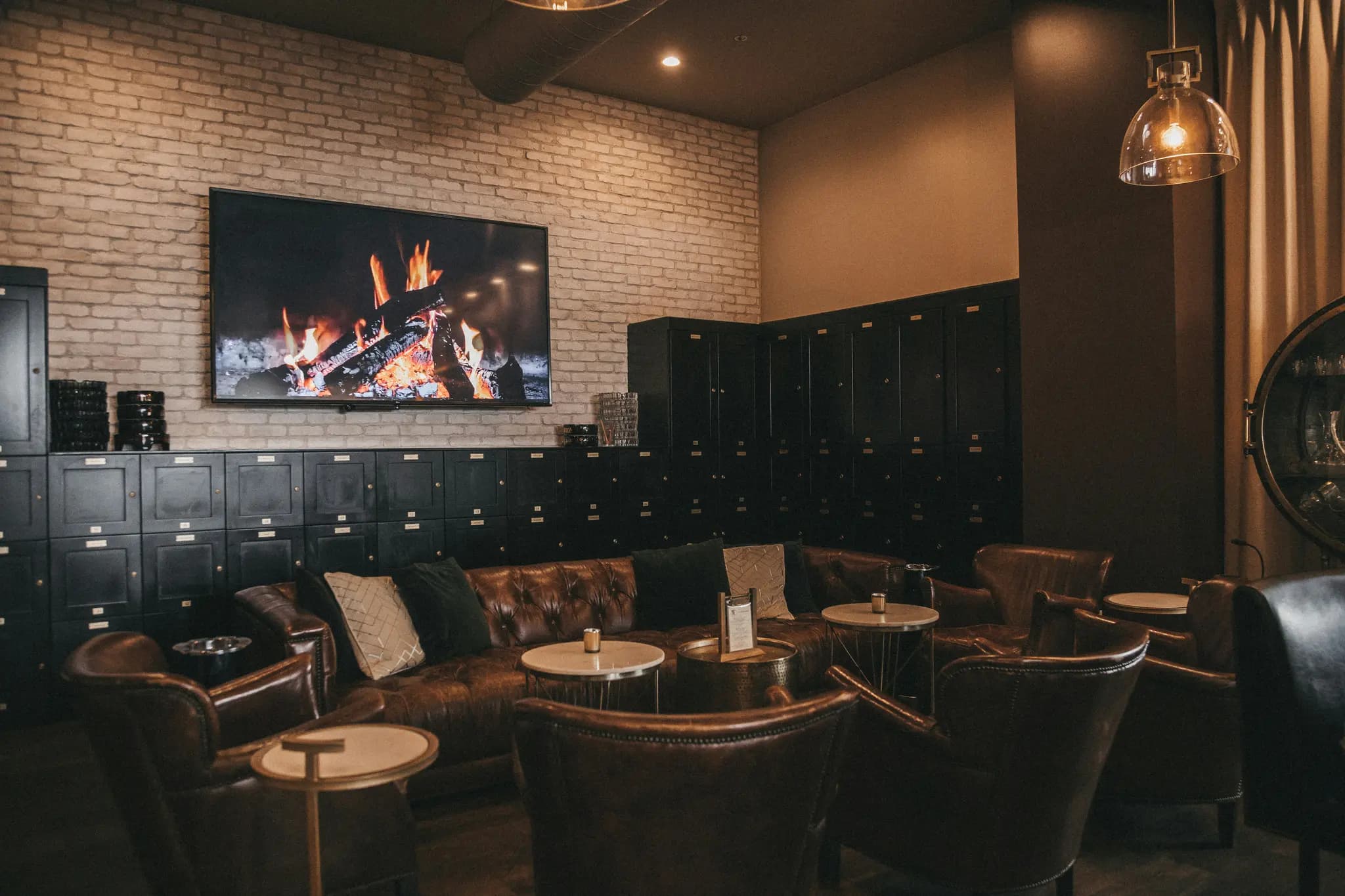In an industry where innovation often means new blends or fancy packaging, J.C. Newman's Yagua cigar stands apart by reaching back in time to resurrect a nearly forgotten Cuban tradition of wrapping cigars in palm leaves, resulting in uniquely shaped cigars that tell a story of heritage and craftsmanship.
The art of cigar making is steeped in tradition, with techniques passed down through generations. Yet, genuine innovation in the industry is rare. Enter J.C. Newman's Yagua, a cigar that manages to be innovative precisely by reviving an almost-lost traditional Cuban method of cigar making.
A Grandfather's Legacy
The story of the Yagua begins with Lazaro Lopez, the General Manager of J.C. Newman's PENSA factory in Nicaragua. Lopez carried with him memories of his grandfather's unique approach to crafting cigars in Cuba. Instead of using conventional wooden molds, his grandfather would wrap freshly rolled cigars in palm leaves from the Yagua tree, a method that gave each cigar a distinctive, slightly irregular shape while maintaining its structural integrity.
The Ancient Art of Palm Wrapping
Unlike the uniform, perfectly cylindrical shapes we've come to expect from modern cigars, Yagua cigars embrace imperfection. The process begins with cigars rolled using slightly under-fermented wrapper leaves, making them more pliable. Instead of being placed in traditional wooden molds, twenty cigars are bound together and wrapped tightly in royal palm leaves. This traditional method creates subtle variations in each cigar's shape, making every stick unique.
The result is more than just aesthetic – it's a tangible connection to Cuba's cigar-making heritage. Each slightly irregular shape tells the story of how the cigar was made, creating an experience that begins before the first light.

Technical Specifications:
- Format: Toro (6 x 54)
- Wrapper: Connecticut Broadleaf
- Binder: Nicaraguan
- Filler: Nicaraguan
- Origin: PENSA Factory, Nicaragua
- Strength: Medium
- Packaging: 20 cigars per box
A Blend of Old and New
While the wrapping method is traditional, the blend itself is thoroughly modern. J.C. Newman has selected a Connecticut Broadleaf wrapper, paired with Nicaraguan binder and filler tobaccos. This combination delivers a medium-bodied smoke that balances the earthiness of the Broadleaf wrapper with the complexity of Nicaraguan tobaccos.
The Manufacturing Process
The creation of each Yagua follows a unique journey:
- Cigars are rolled using slightly under-fermented wrapper leaves
- Instead of wooden molds, twenty cigars are gathered together
- The bundle is wrapped tightly in royal palm leaves
- The package is left to dry and set
- Once ready, the cigars retain their distinctive, slightly pressed shapes
Market Impact
At a time when the cigar industry often focuses on limited editions and innovative blends, the Yagua stands out by celebrating traditional craftsmanship. Its unique appearance and connection to Cuban heritage have made it a talking point among enthusiasts and collectors alike.
The Future of Traditional Methods
The success of the Yagua raises interesting questions about the role of traditional methods in modern cigar making. While most manufacturers focus on consistency and uniformity, the Yagua embraces the natural variations that come from hand-crafting. It suggests that there might be room in the market for more products that celebrate the imperfect beauty of traditional cigar-making methods.
Keywords: Yagua, J.C. Newman, Traditional Cigar Making, Palm Leaf Wrapping, Cuban Heritage, PENSA Factory, Connecticut Broadleaf, Nicaraguan Cigars



